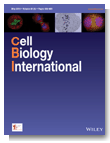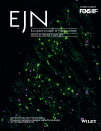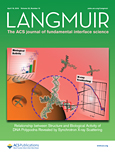 A PhD student who was supposed to complete part of an experiment passed the job on to a third party company, which in turn provided figures that were plagiarized and fabricated. That’s according to the corresponding author of the paper, which has now been retracted.
A PhD student who was supposed to complete part of an experiment passed the job on to a third party company, which in turn provided figures that were plagiarized and fabricated. That’s according to the corresponding author of the paper, which has now been retracted.
Hong Ren, affiliated with Xi’an Jiao Tong University in China, told us that he decided to delay the student’s graduation after he discovered that the student had passed off the work.
It’s not at all obvious that a third party was involved from the brief retraction notice for “EMT phenotype is induced by increased Src kinase activity via Src-mediated caspase-8 phosphorylation:”
Continue reading Third party company botched student’s doctoral work, says biologist








